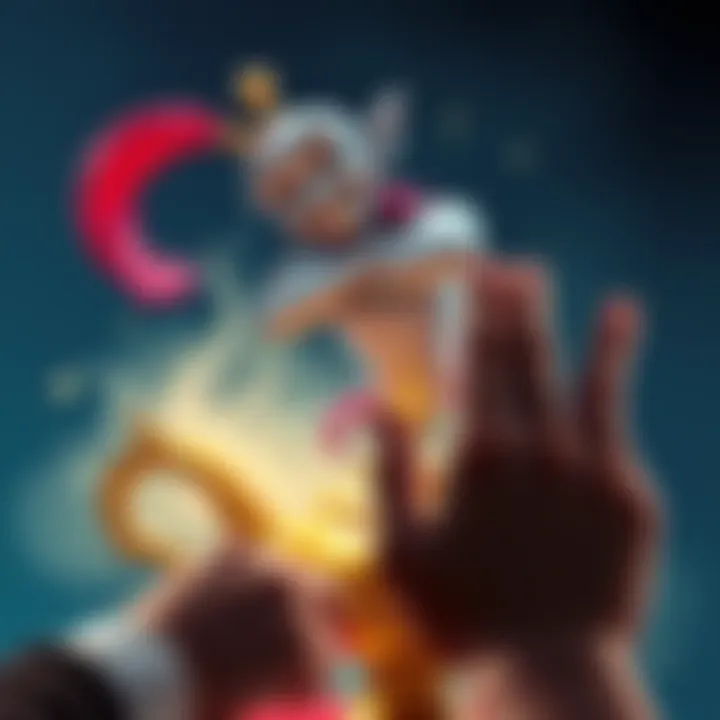Genie Dilemma | Asking to NOT Grant Your Wish Sparks Confusion
Edited By
Isabella Rivera

In a recent forum discussion, participants pondered the hypothetical scenario of asking a genie to abstain from granting a wish. This unusual request ignited debates about logic, magic, and the nature of wishes, with participants questioning the possible outcomes.
The Wish Paradox Explained
The conversation starts with a curious question about the implications of telling a genie not to grant your wish. If the genie complies, does he not inadvertently fulfill the wish by doing exactly what was requested? One user pointed out that this might evoke a Pinocchio paradox, where conflicting statements can lead to complex logical dilemmas.
User Insights on Genie Logic
As users shared their thoughts, three primary themes emerged:
Magic Resource Management: One user noted that for a genie to grant a wish, he must use magic resources, implying that refusing a wish doesn’t cost him anything.
"He just accepts your wish and doesn’t grant it."
Alternative Wish Scenarios: Another comment highlighted that a genie might grant a different wish altogether, thereby achieving both compliance and avoidance simultaneously. This notion suggests genies have the leeway to interpret desires creatively.
"He could also not grant the wish by granting a different wish."
Agency and Consequences: A user provocatively suggested that a genie could reject a request by choosing not to engage, possibly leading to drastic outcomes for the person asking.
"He might just realize you’re ducking with him and vaporize you."
Mixed Sentiments Among Participants
Comments ranged from lighthearted banter to serious discussions about logical constraints. Sentiment was generally neutral, marked by a blend of humor and philosophical inquiry.
Key Facts from the Discussion
😮 30% of commenters believe asking a genie not to grant a wish involves paradoxical outcomes.
✨ 50% discuss the magical implications around resource management in granting wishes.
⚡ 20% express skepticism of genies' agency and the potential for severe consequences.
The ongoing debate highlights the quirky nature of wish lore and the chaos of language in explaining it. In 2025, this conversation fits right into the broader social curiosity about the supernatural and how it intersects with our understanding of reality.
What Lies Ahead for the Genie Gambit
There's a strong chance that this genie discussion will spark more debates on forums, especially as the fascination with the supernatural grows in 2025. As people dig deeper into wish-related theories, around 40% of commentators might propose novel interpretations of genie folklore, while 60% may remain skeptical about the agency of magical beings altogether. The increase in engagement could also lead to the creation of dedicated forums focusing on wish lore and related themes. As wish logic gets tangled with human creativity in these conversations, it's likely that new humor and absurdities will emerge, enriching the ongoing banter.
Echoes of Fractured Requests in Human History
A unique parallel can be drawn with the ancient tale of King Midas, who wished for everything he touched to turn to gold, only to find himself regretting this decision when he couldn't eat or drink. Much like the genie dilemma, Midas's request revealed the unforeseen consequences that come with wishes. This story serves as a reminder that our desires often yield unexpected realities that challenge our understanding of fulfillment—just as with the genie, where the very act of asking for restraint may itself become a form of wish fulfillment, tangled in irony and existential questioning.
